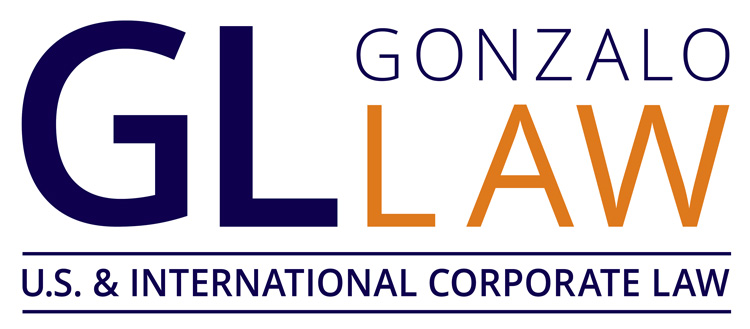Navigating the Corporate Transparency Act: An Overview and Guide to the New Beneficial Ownership Rules

Summary
An Overview and Guide to the New Beneficial Ownership Rules

In the ever-evolving landscape of financial transparency, the Beneficial Ownership Information (BOI) reporting rule has emerged as a pivotal instrument. It’s goal is to reduce the surge in financial crimes and money laundering that have occurred across the U.S. The new law originates from the U.S. Department of Treasury in the office of the Financial Crimes Enforcement Network (FinCEN). The rule mandates certain entities furnish comprehensive reports encompassing details about the entity itself, its beneficial owners, and company applicants. Let’s delve into the intricacies of the reporting rule, its scope, criteria, and the obligations it places on reporting companies.
A. The Reporting Rule Unveiled
The Reporting Rule, implemented on September 30, 2022, is grounded in Section 6403 of the Corporate Transparency Act.1 Housed within the labyrinth of title 31 of the Code of Federal Regulations (CFR) at 1010.380, this rule is the regulatory response to the need for increased transparency in corporate ownership structures. It outlines the entities obligated to file BOI reports, the requisite information, and the timelines for compliance.
B. Reporting Companies: Domestic and Foreign
Reporting Companies are those required to report under the Corporate Transparence Act their BOI. At the heart of the Reporting Rule is the distinction between reporting companies, categorized into “domestic reporting companies” and “foreign reporting companies.” The former includes corporations, limited liability companies, and entities registered with a secretary of state.
Alternatively, foreign reporting companies are entities (including corporations and limited liability companies) formed under the law of a foreign country that have registered to do business in the United States by the filing of a document with a secretary of state or any similar office.
However, exemptions exist for 23 specific entity types, ranging from securities issuers to governmental authorities.
C. Key Criteria for BOI Reports
The scope of information required for a BOI report is clear. It includes the full legal name, any trade name or “doing business as” (DBA) name, current U.S. address, jurisdiction of formation, and Internal Revenue Service (IRS) Taxpayer Identification Number (TIN) for reporting companies. Beneficial owners and company applicants must provide their full legal name, date of birth, address, and a unique identifying number along with supporting documentation such as a U.S. passport or state driver’s license.

D. Report Deadlines and Transition Period
The Reporting Rule became effective on January 1, 2024. Existing reporting companies have until January 1, 2025, to submit their initial BOI reports. New reporting companies face different timelines based on their creation or registration date, ranging from 30 to 90 calendar days.
E. Adapting to Changes and Corrections
Flexibility is embedded within the Reporting Rule to accommodate changes. Reporting companies must promptly file updated BOI reports within 30 days of any changes to the required
information. Inaccuracies identified post-filing can be rectified within 90 calendar days without incurring penalties.
F. Consequences of Non-Compliance
The stakes are high for entities failing to adhere to the Reporting Rule. Willful failure to report or providing false information may lead to civil or criminal penalties, including fines and imprisonment. Senior officers of non-compliant entities may also face accountability.
We live in a world where financial systems’ integrity is paramount. As such, understanding and complying with the Beneficial Ownership Information reporting requirements is not just a legal necessity but also a crucial step towards a more transparent and secure financial environment. As entities navigate these reporting obligations, vigilance, accuracy, and timely compliance emerge as the guiding principles.

If you would like assistance filing or have any questions, contact our firm for additional details toll free at 855-466-9256 or via our website at gonzalolaw.com/contact-us.
We look forward to working with you!
1 https://www.fincen.gov/sites/default/files/shared/Corporate_Transparency_Act.pdf Source: Financial Crimes Enforcement Network
